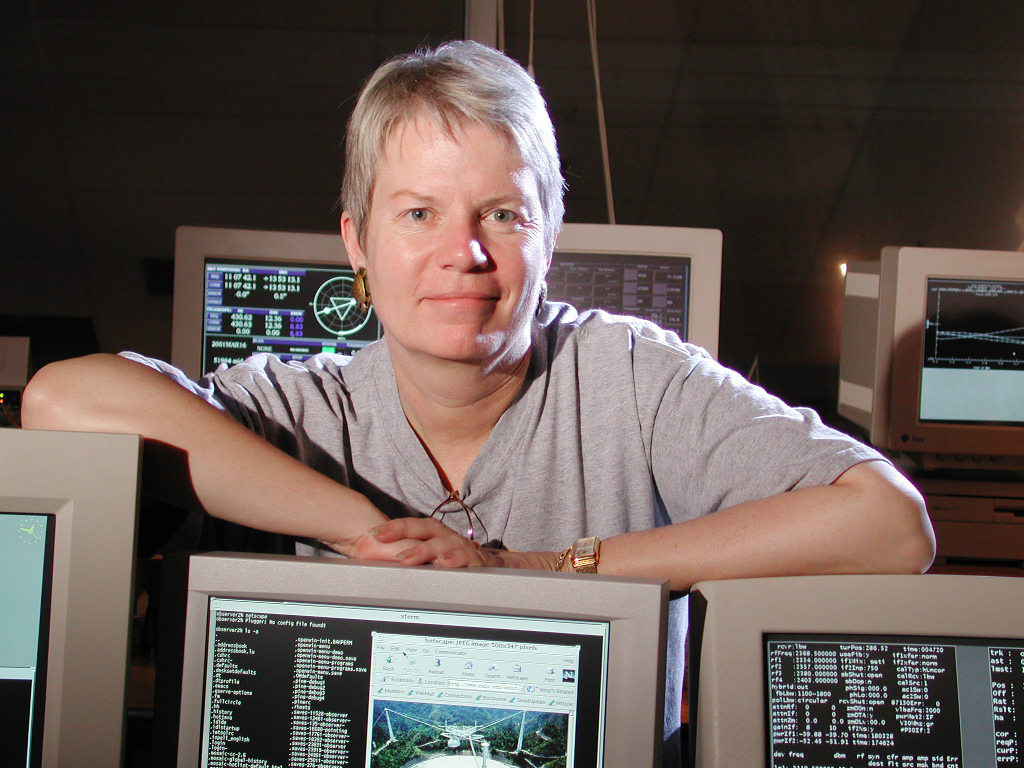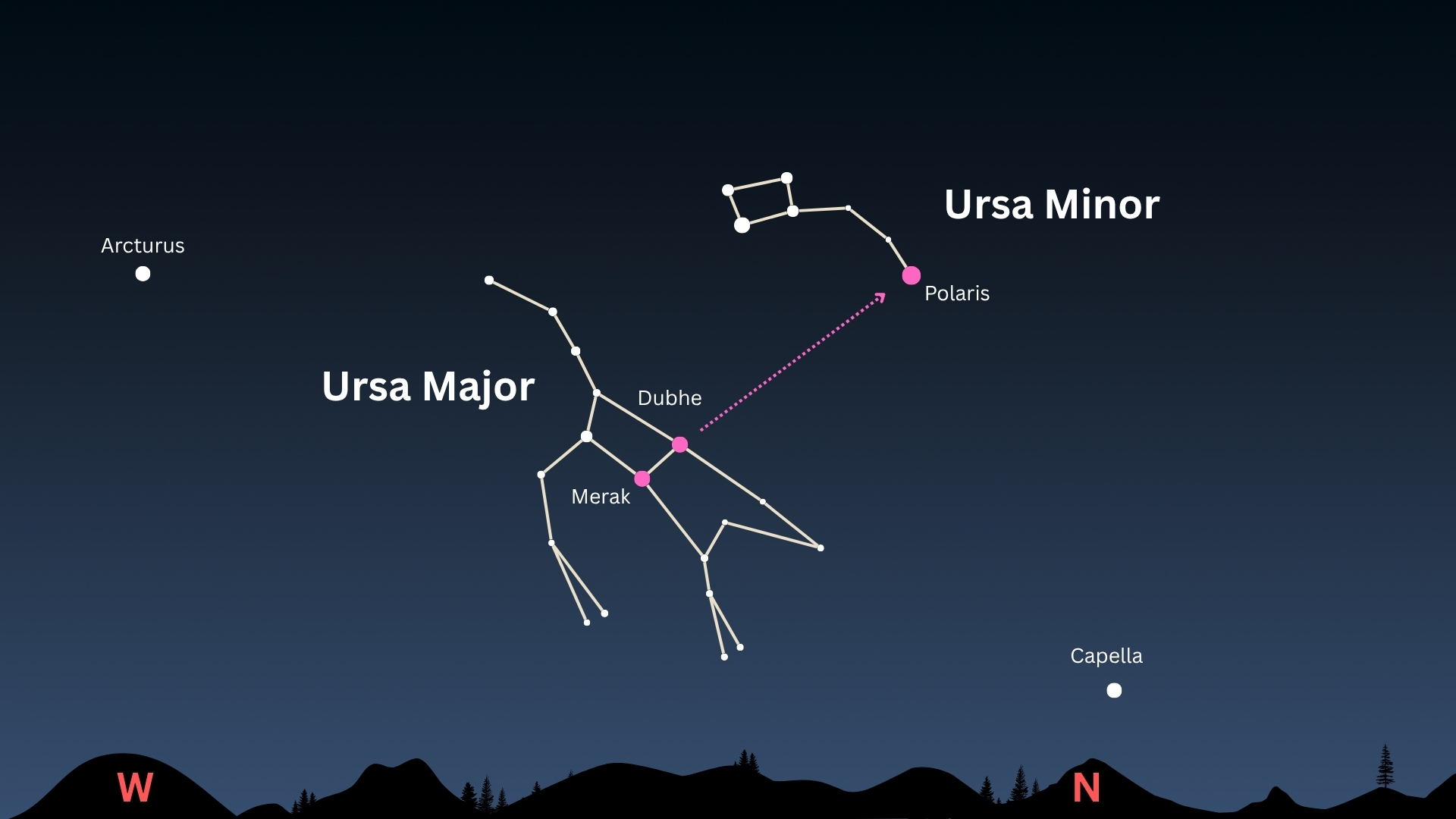50 Years of Listening for Aliens: Q & A With SETI Pioneer Jill Tarter

For 50 years now humans have beenscanning the skies inhopes of answering the question: Are we alone in the universe?
That mystery will be the topic ofdiscussion during thisweekend's SETIcon,a convention for scientists, sci-fi writers, celebrities and fans todiscussevery aspect of the Search for Extraterrestrial Intelligence (SETI).
SPACE.com caught up with Jill Tarter,director of the Centerfor SETI Research (and the basis for the main character Ellie Arroway portrayed by Jodie Foster in the film "Contact" based on the book by astronomer-author Carl Sagan), to discuss the last 50years since the first effort to listen for extraterrestrialintelligence in theuniverse, and the outlook for the future:
After 50 years, what's thestatus of the search forextraterrestrial intelligence?
It is interesting that at age 50,what we're doing isreinventing ourselves. I think that's a good sign. We're not going tostopdoing what we've done ? radio searching still makes a lot of sense. Butopticalsearching also makes a lot of sense.
We're going to try to get away fromdoing it all ourselves,and ask the world to join in. The world has shown an interest over thepastdecade in participating.
We haven't really succeeded ingetting people involvedinternationally. You're skimming only the technological top of theglobalpopulation. I'm actually hoping that the enormous prevalence of cellphones andsocial networking will finally allow us to. [Top10 AlienEncounters Debunked]
Breaking space news, the latest updates on rocket launches, skywatching events and more!
Has the journey of SETI overthe last 50 years played outlike you thought it would?
I don't think any of us were smartenough 50 years ago toanticipate how rapidly the capability of our searches was going toimprove.Fifty years ago was pretty much pre-digital revolution. I can countalmost 15orders of magnitude improvement in the tools of radio observing.
Fifty years ago optical search wasout of the question. Wecouldn't count photons fast enough. When that technology got there,wow, wejust jumped on it.
Fifty years ago nobody thought youcould or should build anarray of 50 small telescopes. Now the right thing to do is useinexpensiveantennas and inexpensive electronics and combine them together. You getyourvalue that way.
Back then, what got youinterested in looking for lifeout there in the universe?
The thing that got me hookedonSETI about 40 years ago was the fact that we suddenly hadsome tools. Thesetools called radio telescopes could allow us to do an experiment toexplore,rather than ask philosophers what we should believe. It's all aboutreplacingthe [idea] of what should we believe, with 'let's explore.'
What do you say to peoplewho think there's no hope offinding extraterrestrials and that searching is a waste?
We appear to be the results of thelaws of physics andchemistry. It's not unreasonable to wonder whether elsewhere, the samesorts ofprocesses led to otherintelligence and technologies.
Fifty years is a very small time inthe lifetime of a galaxywhich is 12 billion years old. We're a very young technology in a veryoldgalaxy. We kind of shouldn't be surprised we haven't found them yet.It's a bigsearch. We don't go to bed disappointed, we wake up in the morningexcited.
How do you think you'd feelif we did discover evidenceof alien life?
The feeling would be phenomenal. Tohave posed aquestion andgotten an answer that no one else has been able to come up with. Thatwouldtell us something about the universe that we didn't already know. Justa proofofexistence; that would be amazing for me.
If extraterrestrials doexist, what do you imagine theymight be like?
Who knows? Extraterrestrialpsychology is one notch abovewhere I'm prepared to go. I will say it's statistically overwhelminglylikelythat they are much older than we are. If they were younger than we are,thenthere isn't any technology of theirs we could detect.
If we detect a signal we'll know it'spossible for us tohave a long future.
What do you predict the next50 years might hold for SETI?
I'm pretty darn sure that long before50 years from nowKepler or some other mission will have detected earth-size planets inthehabitable zones of their stars and we will have been able to lookremotely forbiosignatures.
We may have understood whether or notthere's some sort oflife on the planet. We may not be able to tell the difference betweenmicrobesand mathematicians, but at least we'll have places to study from afar.
- TenAlien Encounters Debunked
- Searchfor Alien Life Set to Take Giant Leap Forward
- Video? Listening for Life
SETIcon will be held at theHyatt Regency Santa Clarafrom August 13-15, 2010. Information about the convention can be foundatwww.seticon.com.
Join our Space Forums to keep talking space on the latest missions, night sky and more! And if you have a news tip, correction or comment, let us know at: community@space.com.

Clara Moskowitz is a science and space writer who joined the Space.com team in 2008 and served as Assistant Managing Editor from 2011 to 2013. Clara has a bachelor's degree in astronomy and physics from Wesleyan University, and a graduate certificate in science writing from the University of California, Santa Cruz. She covers everything from astronomy to human spaceflight and once aced a NASTAR suborbital spaceflight training program for space missions. Clara is currently Associate Editor of Scientific American. To see her latest project is, follow Clara on Twitter.
